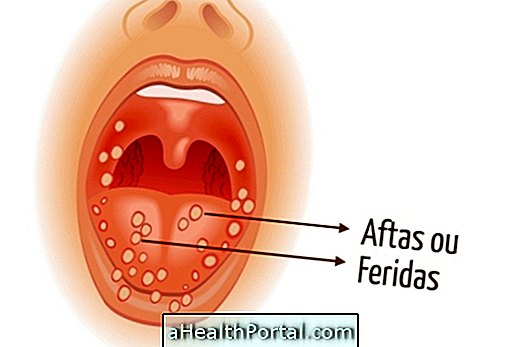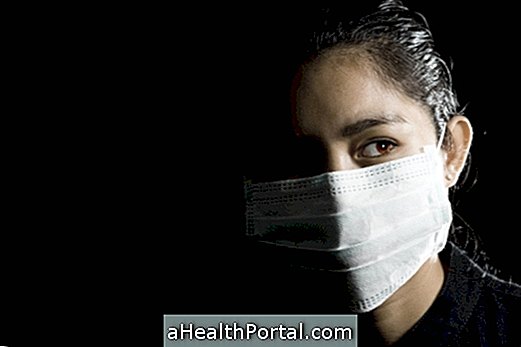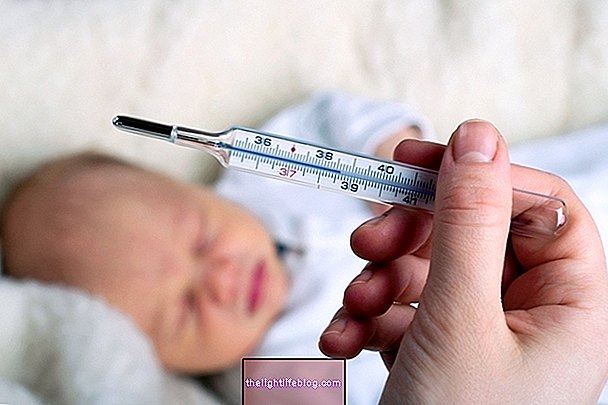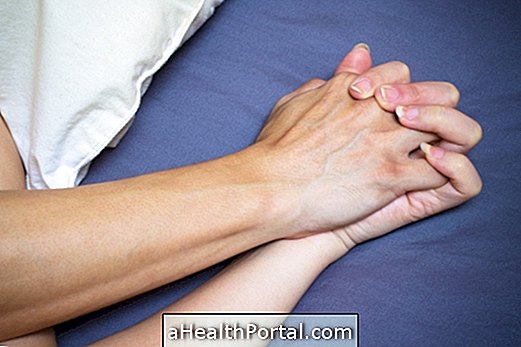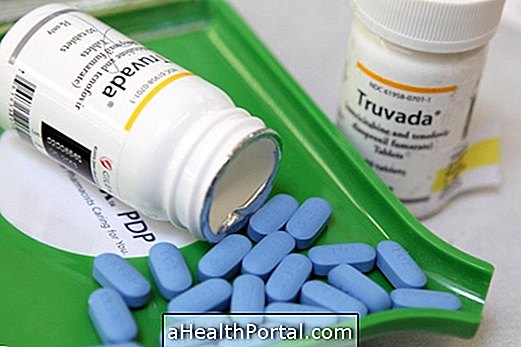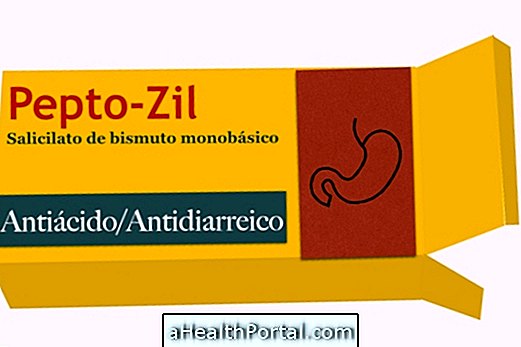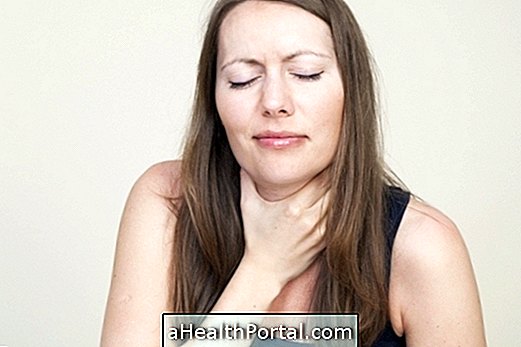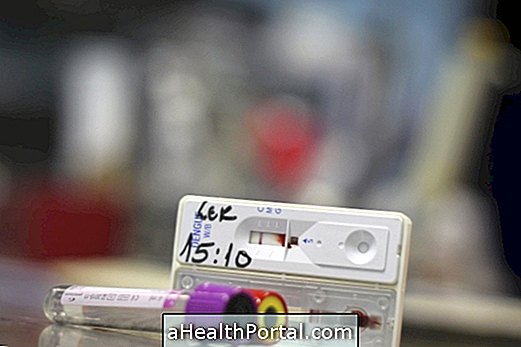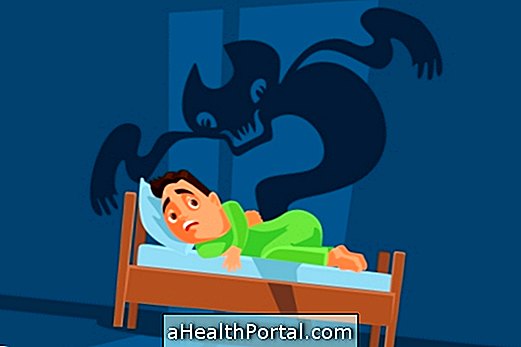Chickenpox is a disease caused by viruses that usually affects children, but adults can also be affected. Its main symptom are the sores that appear on the skin and cause intense itching.
To avoid contagion of chicken pox, the care to be taken is:
- Avoid staying indoors, such as shopping malls, waiting rooms, buses or any other with little circulation and air renewal.
- Avoid touching the wounds of the individual with chickenpox and keep at a distance of approximately 1 meter, which is the distance of 2 arms stretched.
Chickenpox does not get caught twice, but if an individual who has had chicken pox can develop herpes because these diseases are caused by the same virus, so everyone needs to be careful.
Care during chicken pox
During the treatment of chicken pox it is recommended some care, such as:
- Only take the medications recommended by your doctor, which are usually Paracetamol to lower fever and anti-allergic ointment to pass on the most itchy wounds;
- Cut nails very small to avoid injuries when scratching the skin;
- Take a cold shower every 4 hours for the first 2 days to relieve itching;
- Apply a wet towel in cold water to the most itchy places;
- Wash hands with antiseptic soap, such as Protex, at least 3 times a day to eliminate germs from the hands and nails, avoiding complications;
- Avoid the sun and avoid perspiring as they tend to worsen the itching;
- If there are wounds inside the mouth, avoid salty and citrus foods;
- The period of infection of the chicken pox is about 1 to 2 days before the onset of the eruptions until all the lesions are in the crust phase. During this time the individual with chicken pox should avoid being around the elderly, children, babies and pregnant women.
If the person with chicken pox shows a high fever, fatigue, prostration or excessive malaise, it is recommended to go to an emergency department, as there are suspected complications.
Prevention of chicken pox
The best way to prevent chickenpox is to take the vaccine against chicken pox, which is part of the tetra-virus vaccine and is offered by the SUS. This should be taken at 15 months of age.


